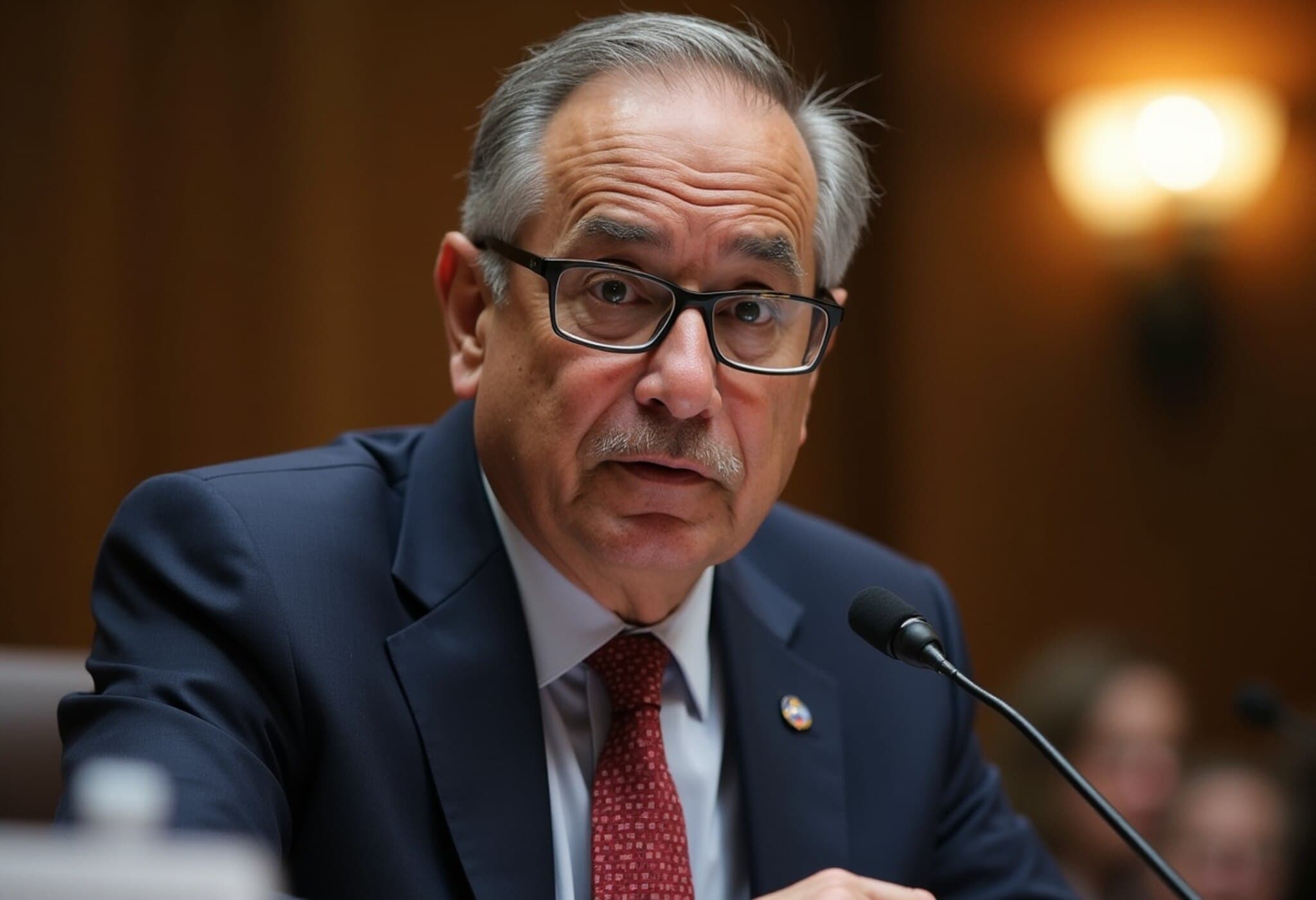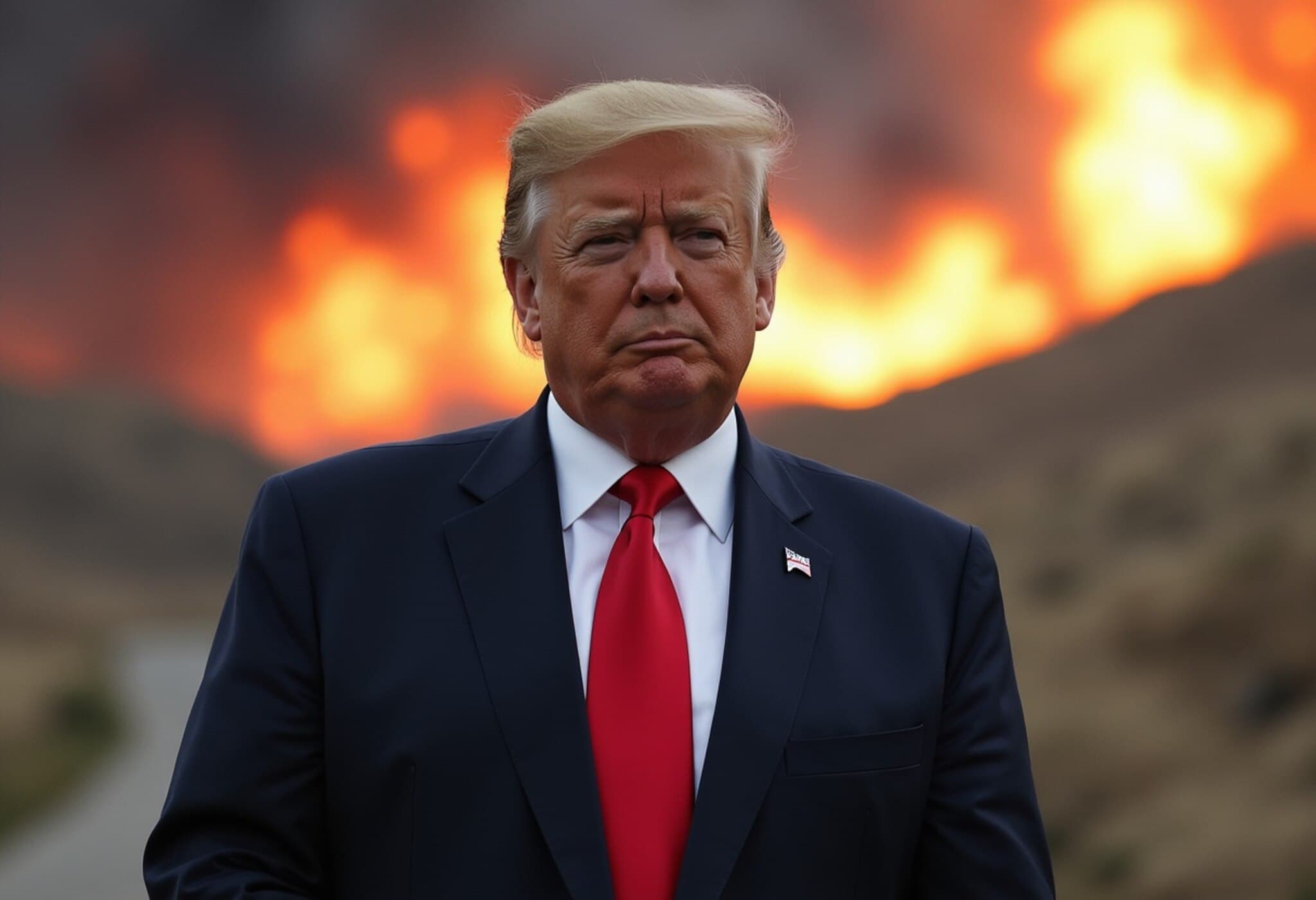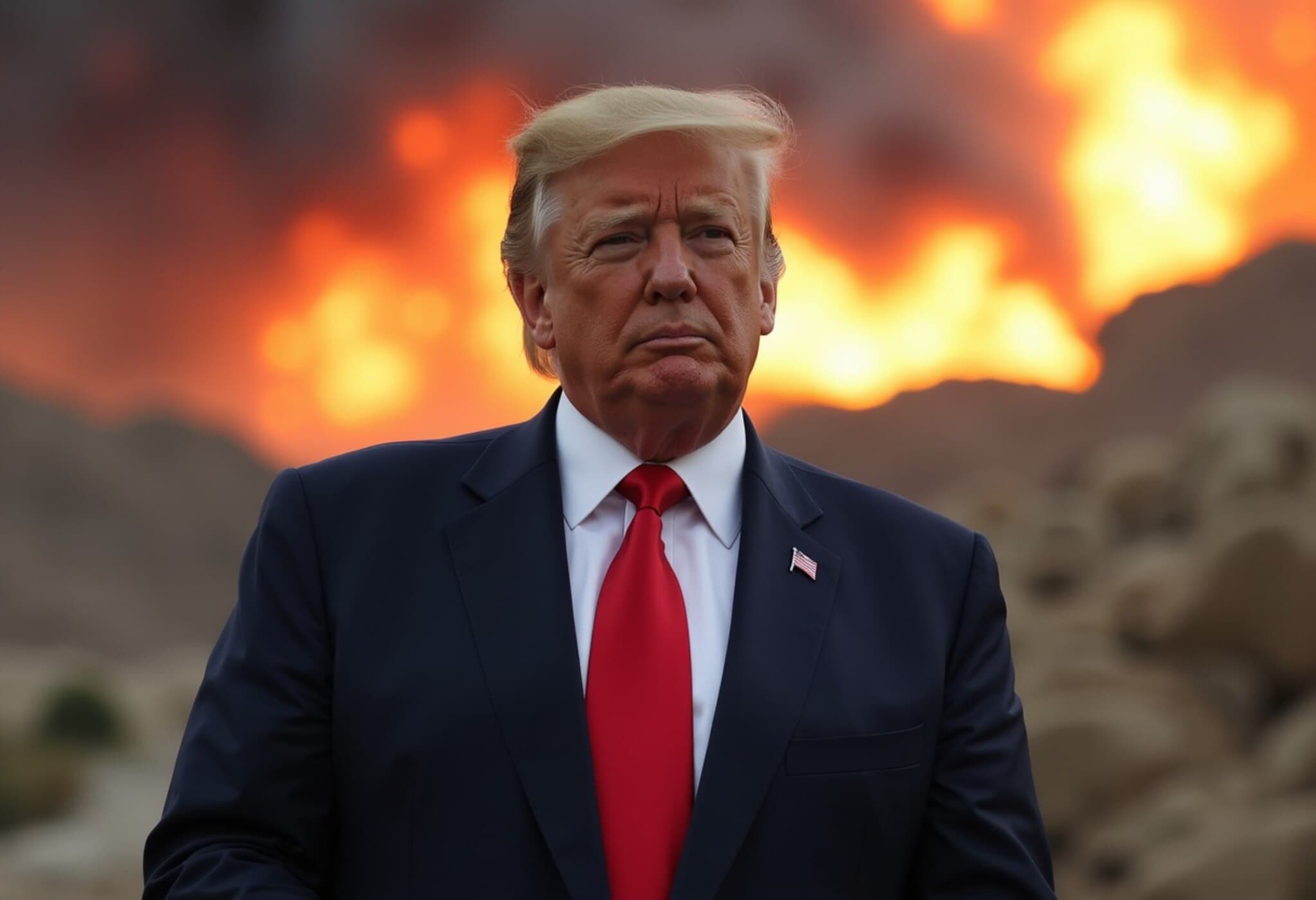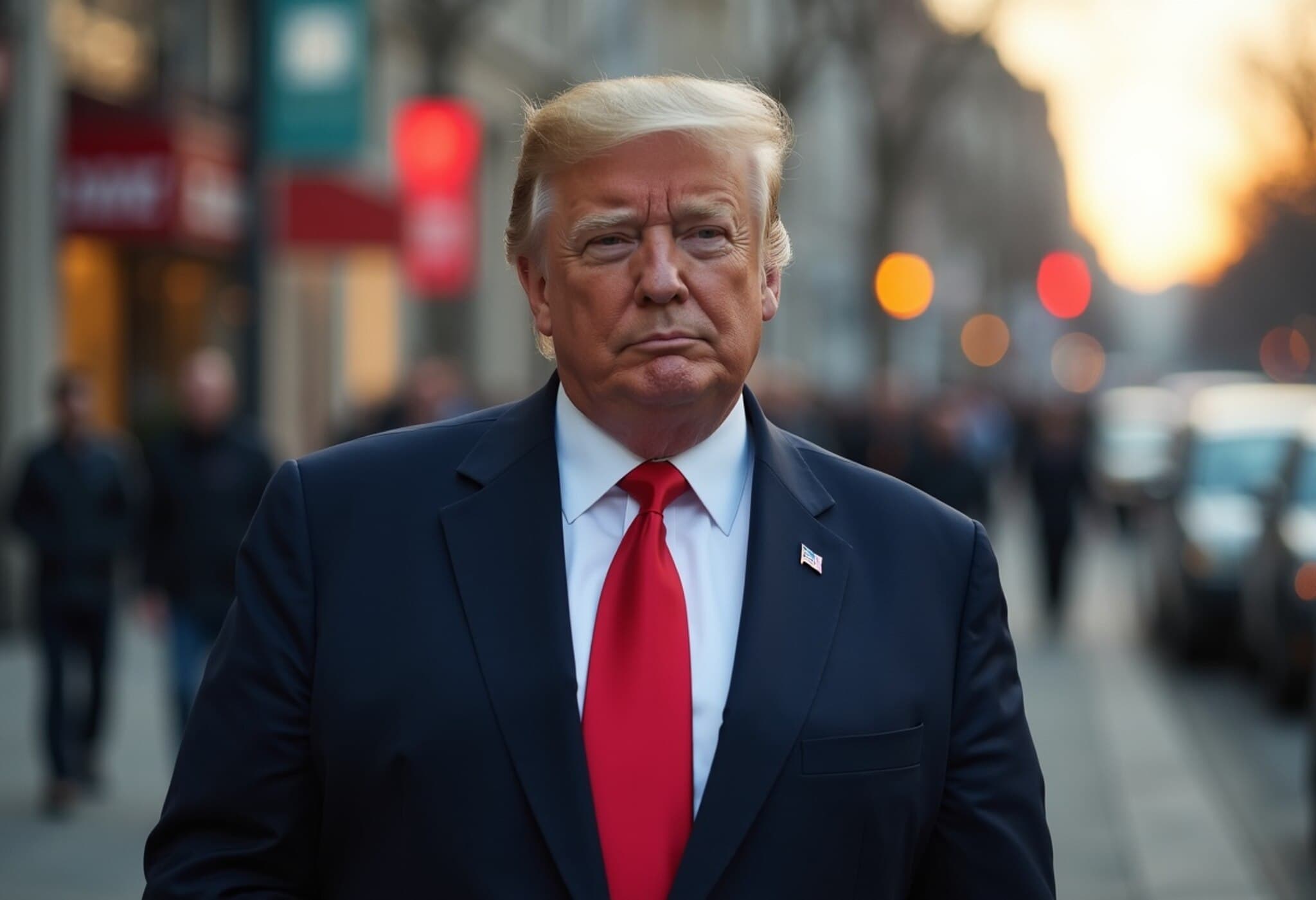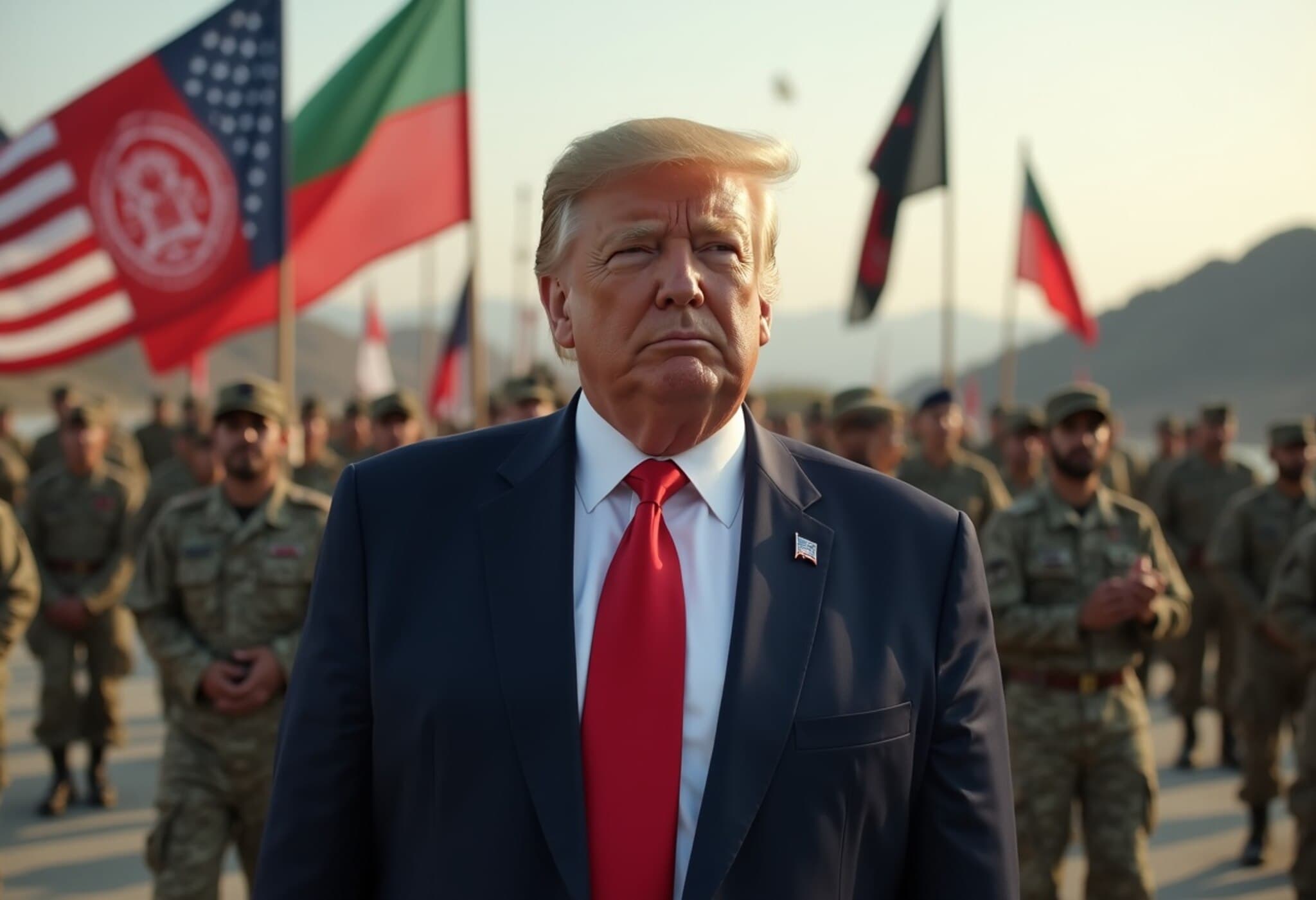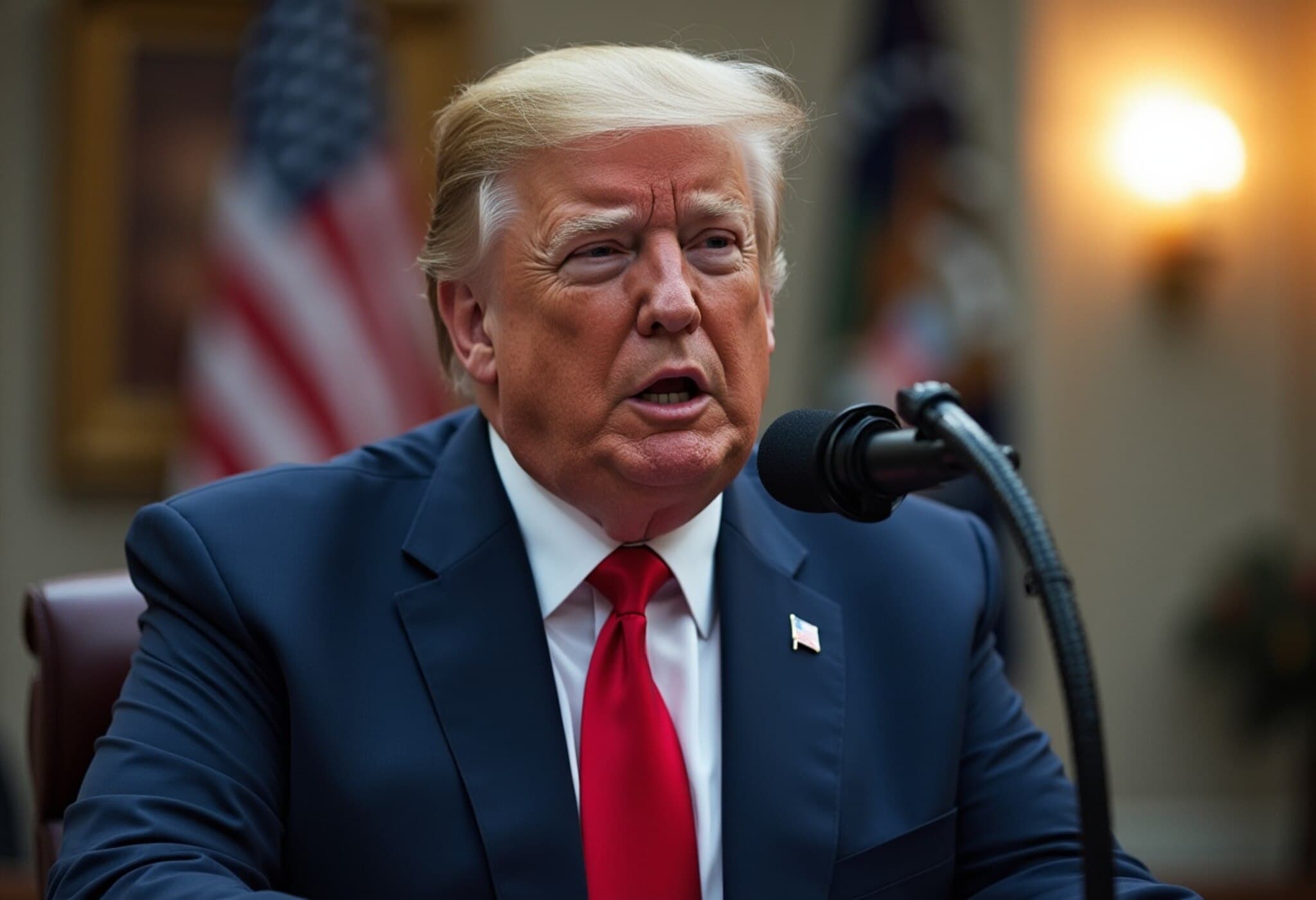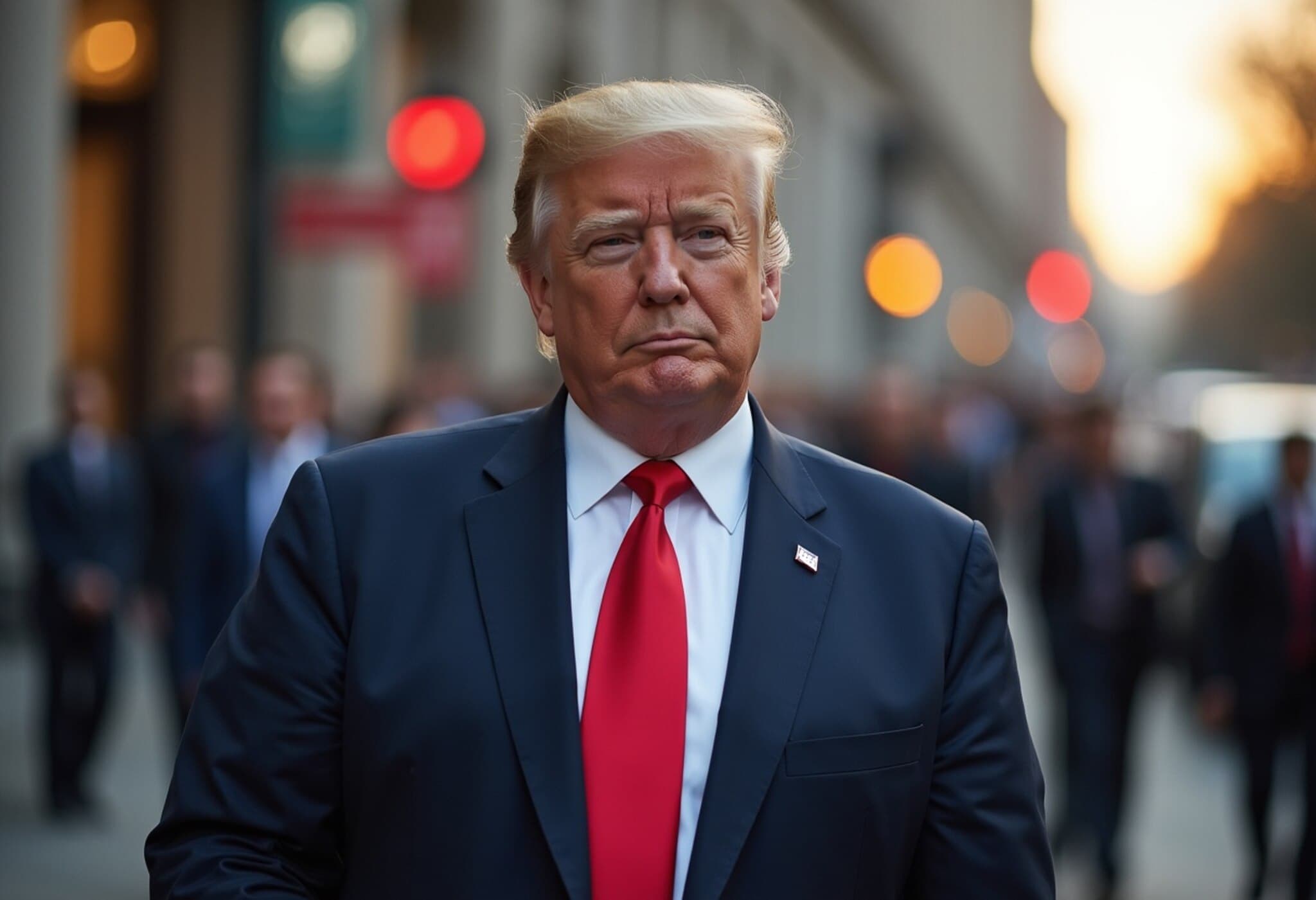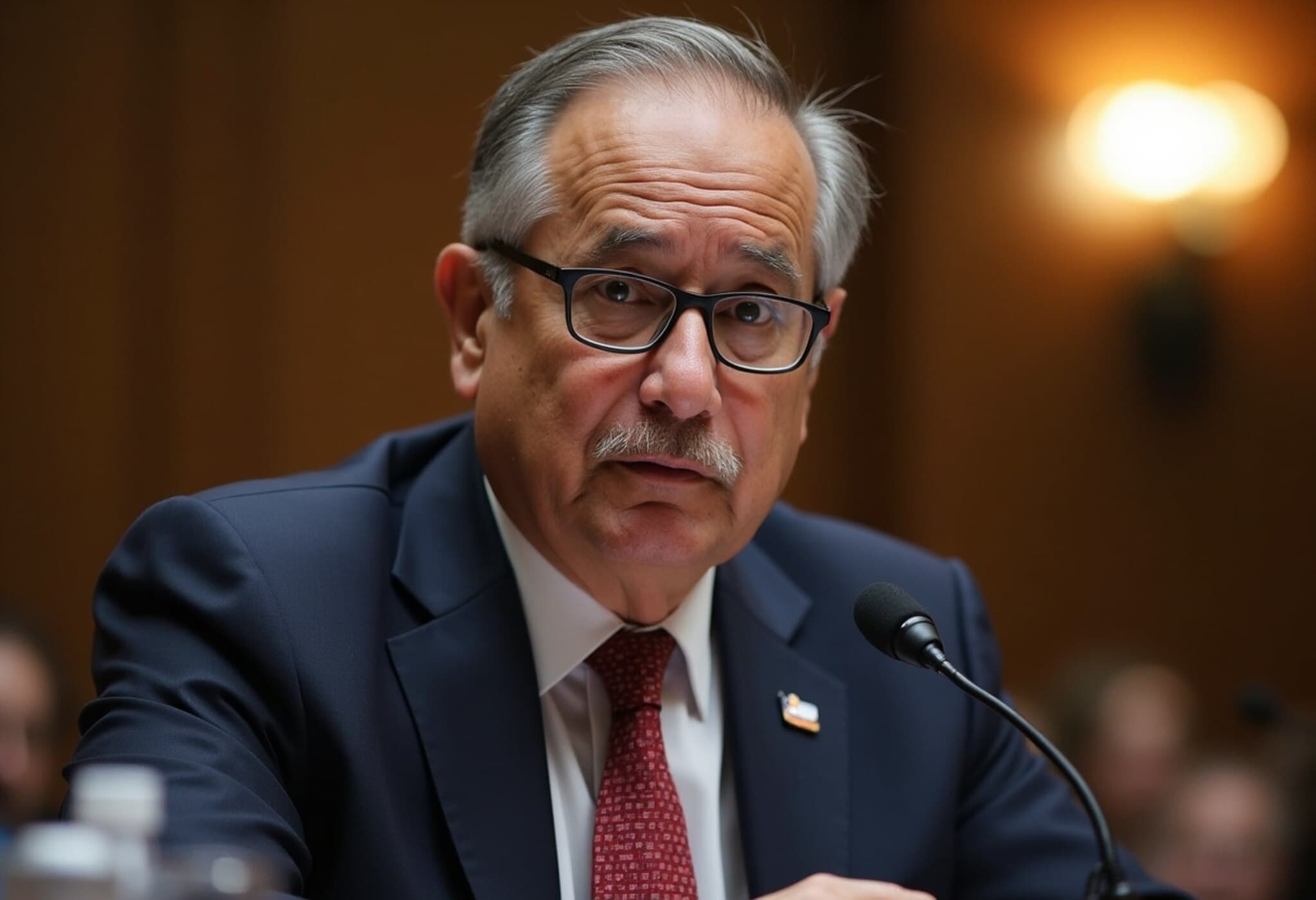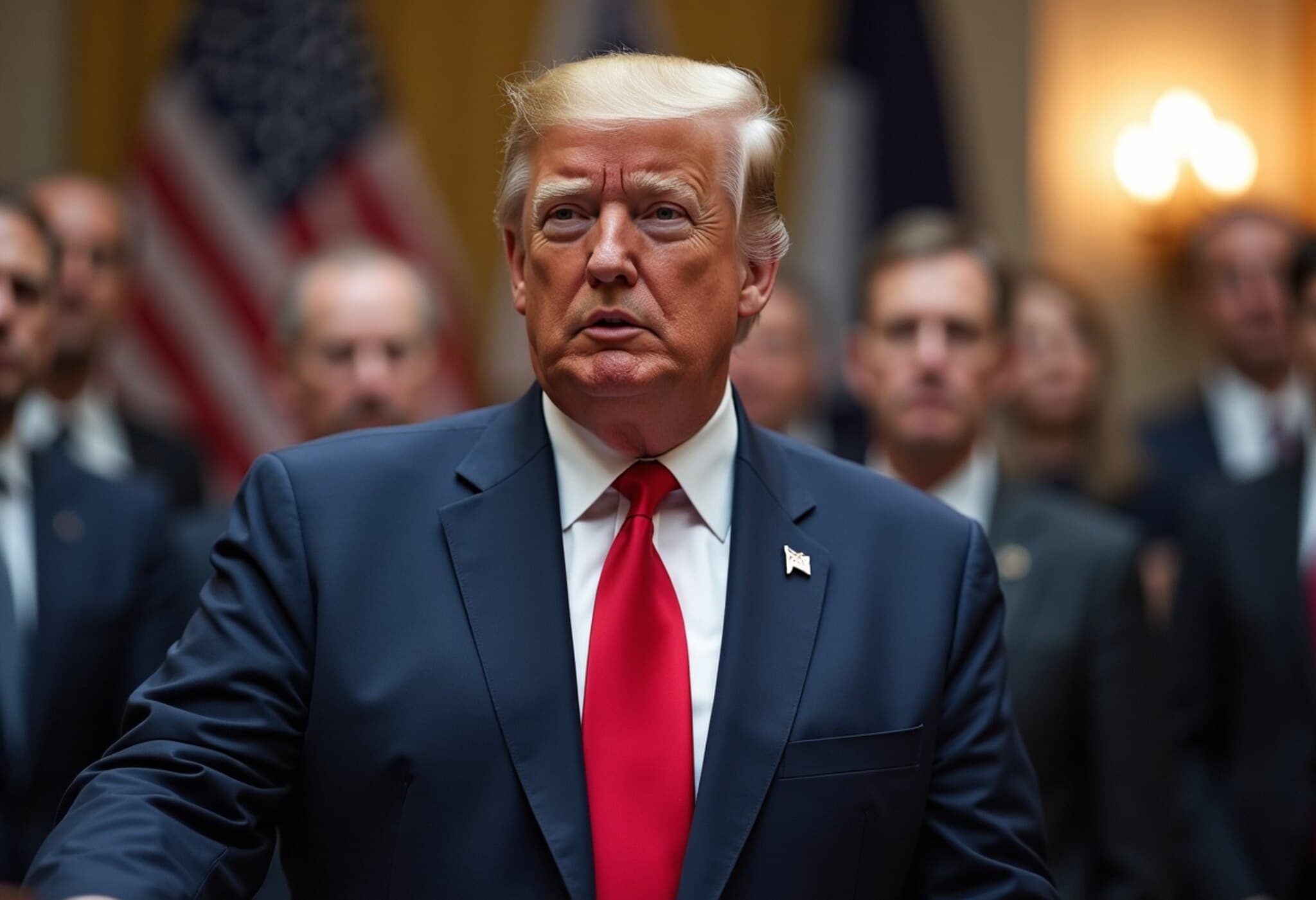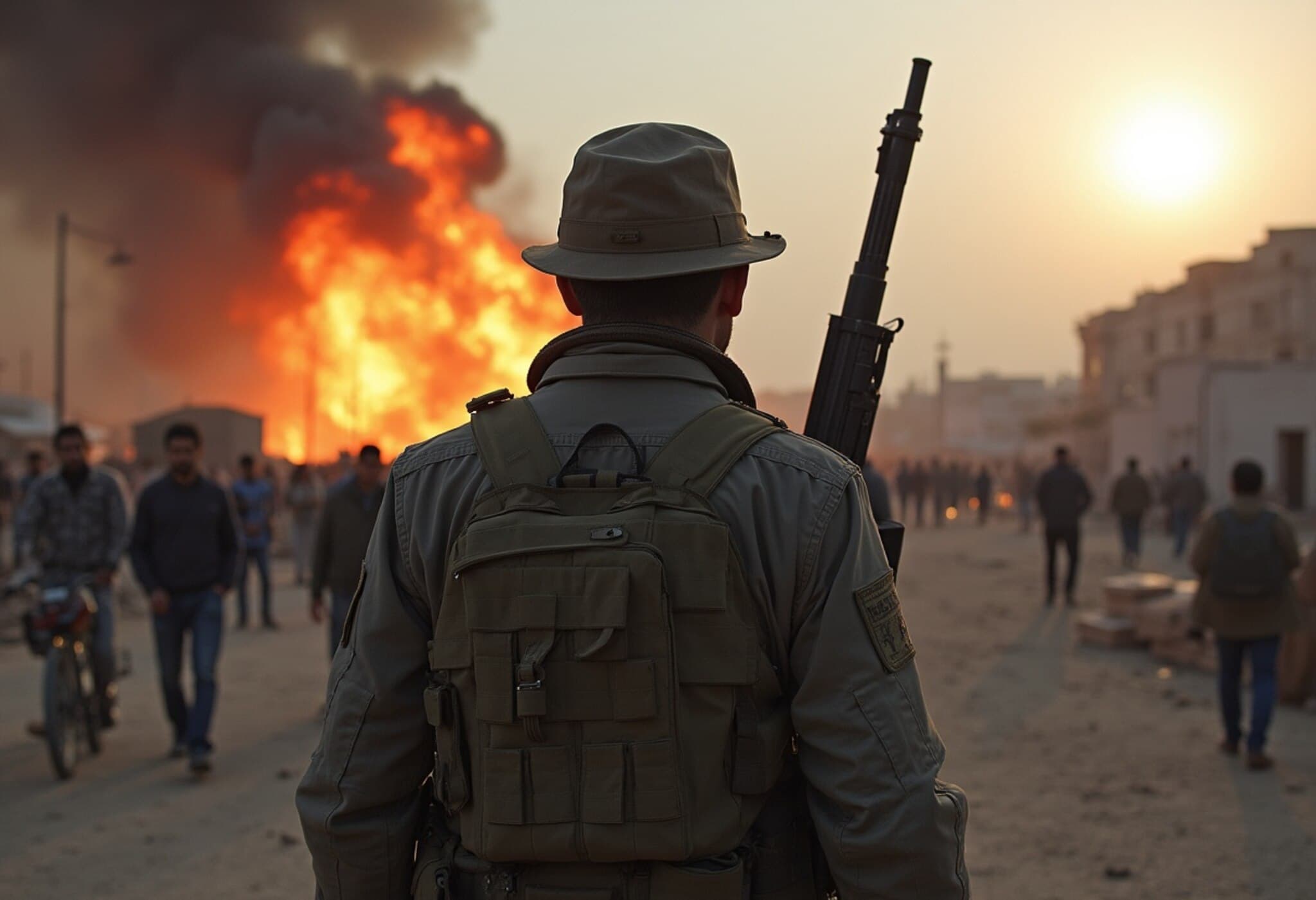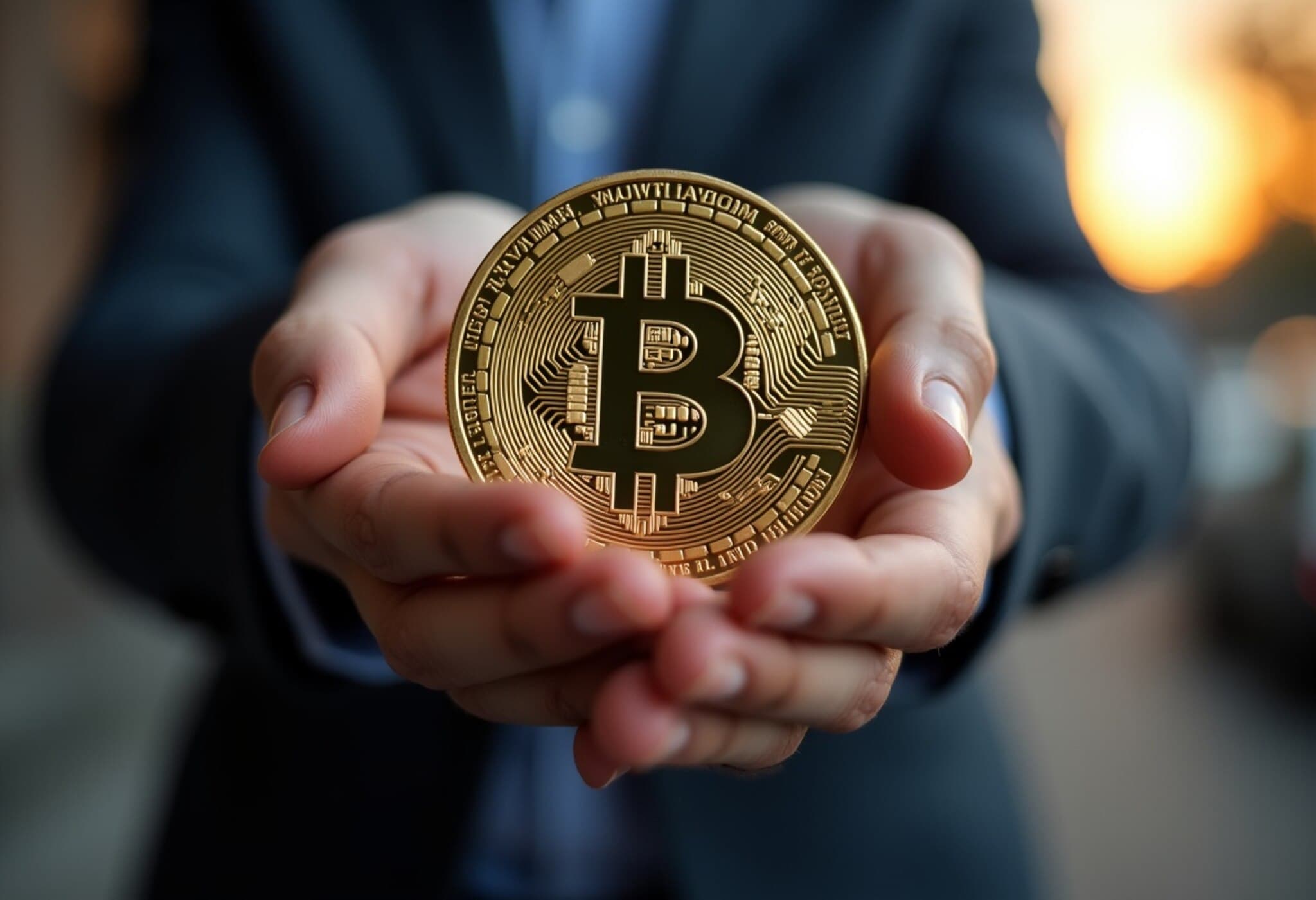Senate Hearing Highlights Concerns Over Dr. Anjani Sinha's Singapore Ambassadorship
In a rare display of blunt scrutiny, Dr. Anjani Sinha, President Donald Trump’s nominee for the US Ambassador to Singapore, faced a tough grilling during his Senate confirmation hearing. The Indian-born Florida surgeon and entrepreneur appeared unfamiliar with key aspects of US-Singapore relations, sparking questions about his preparedness for the diplomatic role.
Viral Senate Exchange Exposes Knowledge Gaps
Senator Tammy Duckworth, a Democrat from Illinois, expressed clear frustration as Dr. Sinha floundered on fundamental questions regarding Singapore's role within the ASEAN framework and the bilateral trade relationship. In one notable exchange, Dr. Sinha mistakenly cited the US trade surplus with Singapore as $80 billion, then corrected himself to $18 billion—only to be informed by Senator Duckworth that the actual figure stands at about $2.8 billion.
The Senator also quizzed Dr. Sinha on when Singapore will hold the chairmanship of ASEAN, a significant regional leadership role, to which he replied he did not know, learning it will occur in 2027. When Duckworth asked about the implications of that chairmanship for Singapore, Dr. Sinha struggled to offer an answer.
"I just feel you are not taking this seriously," Duckworth admonished, emphasizing that the ambassadorship is far from a "glamour posting" but a critical job requiring in-depth knowledge of geopolitical and trade complexities. "You are not currently prepared for this posting, period, and you need to shape up and do some homework," she said.
Who Is Dr. Anjani 'Anji' Sinha?
Dr. Sinha, also known as Anji in official documents, built his career as a prominent orthopedic and sports surgeon with multiple thriving practices in the New York area and senior consultancy roles in Florida. Born in India and an alumnus of Delhi University, he transitioned from medicine to entrepreneurship, eventually cultivating a reputation in healthcare business circles.
President Trump announced the nomination in March 2025, praising Dr. Sinha as a "highly respected entrepreneur" and expressing confidence that he would "strongly represent our Nation's Interests, and put America First." Dr. Sinha’s wife is noted for her philanthropic contributions to higher education in both the US and India, underpinning the family's deeper ties across continents.
Political Dynamics and Diplomatic Implications
Despite the public setback during the hearing, Dr. Sinha’s nomination retains momentum. Political analysts point out that Republican Senator Lindsey Graham’s influence as a GOP leader, coupled with the party’s Senate majority, may smooth the way for confirmation.
However, the exchange has revived debates about the Trump administration’s track record of appointing diplomatic envoys based more on personal connections than on relevant expertise. In the context of rapidly shifting geopolitical dynamics in Southeast Asia, observers stress the need for ambassadors who possess both substantive knowledge and diplomatic acumen.
Why Singapore Matters to US Foreign Policy
Singapore is a pivotal US partner in Southeast Asia—a hub for trade, security cooperation, and a significant player in the Association of Southeast Asian Nations (ASEAN). Understanding Singapore’s strategic role, trade relations, and regional integration efforts is vital for any ambassador charged with advancing American interests in the Indo-Pacific.
Expert Commentary: Risks of Underprepared Diplomatic Appointments
Dr. Anna Larson, a former State Department diplomat specializing in Southeast Asia, notes, "Ambassadors are the face of America abroad—they must bring expertise and cultural competence. Appointing individuals without adequate regional understanding sends mixed signals and risks undermining US credibility precisely when Asia is a strategic priority. It's not about glamour; it's about hard work and informed engagement."
What’s Next for Dr. Sinha’s Nomination?
With the hearing clips circulating widely on social media, public scrutiny is intensifying. While the GOP-controlled Senate Foreign Relations Committee will play a decisive role, pressure may mount for additional vetting or even reconsideration.
The episode highlights broader questions about the criteria for ambassadors and whether meritocratic standards are maintained in sensitive foreign postings. It remains to be seen if Dr. Sinha will respond with a concerted effort to deepen his regional expertise or face an uphill battle to secure confirmation.
Editor’s Note
The Senate grilling of Dr. Anjani Sinha underscores a crucial debate in American diplomacy: the balance between political loyalty and professional competence. As the US positions itself amid intensifying Indo-Pacific competition, the caliber of its envoys matters immensely. This case invites readers to consider how ambassadorial appointments impact not only bilateral ties but also the broader perception of US commitment to complex regional partnerships.
Readers are encouraged to reflect on the potential consequences when diplomatic posts are treated as rewards rather than responsibilities—and the importance of robust preparation for those charged with representing American interests abroad.

